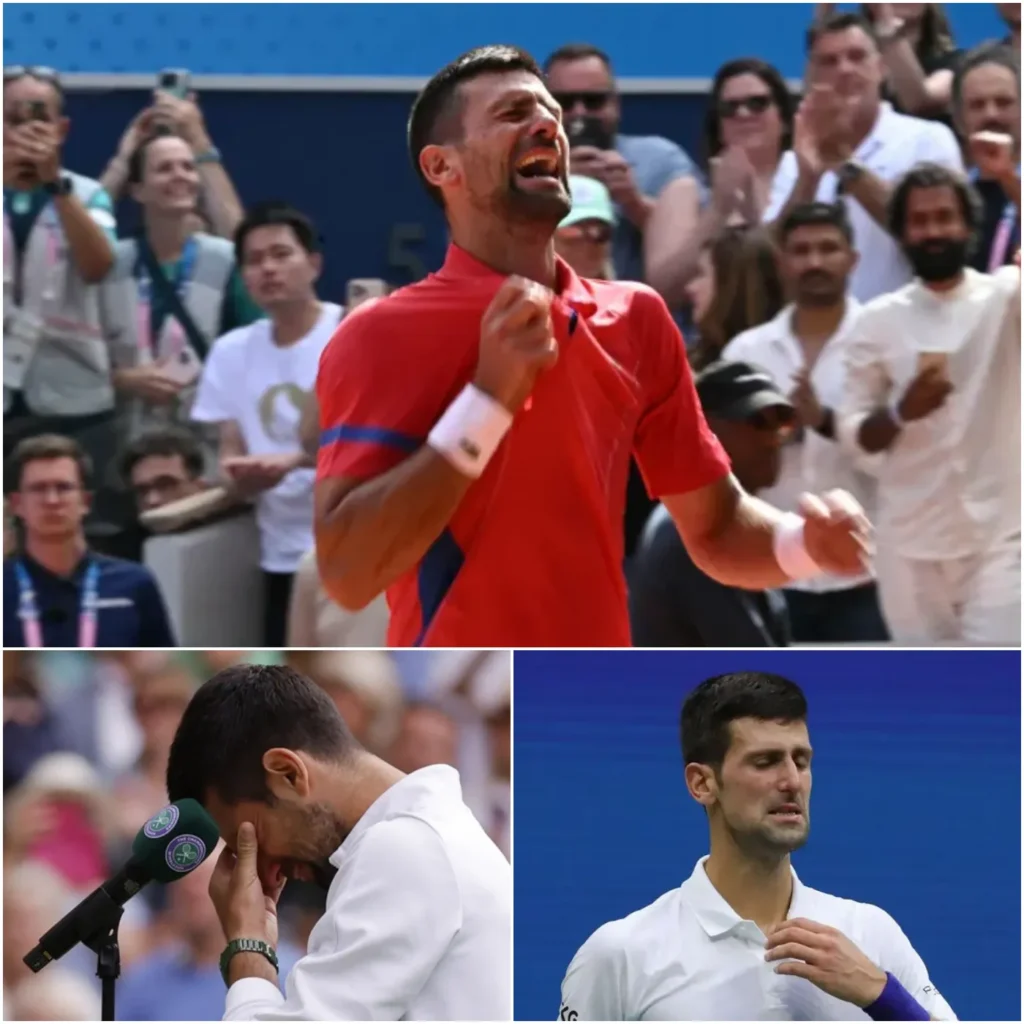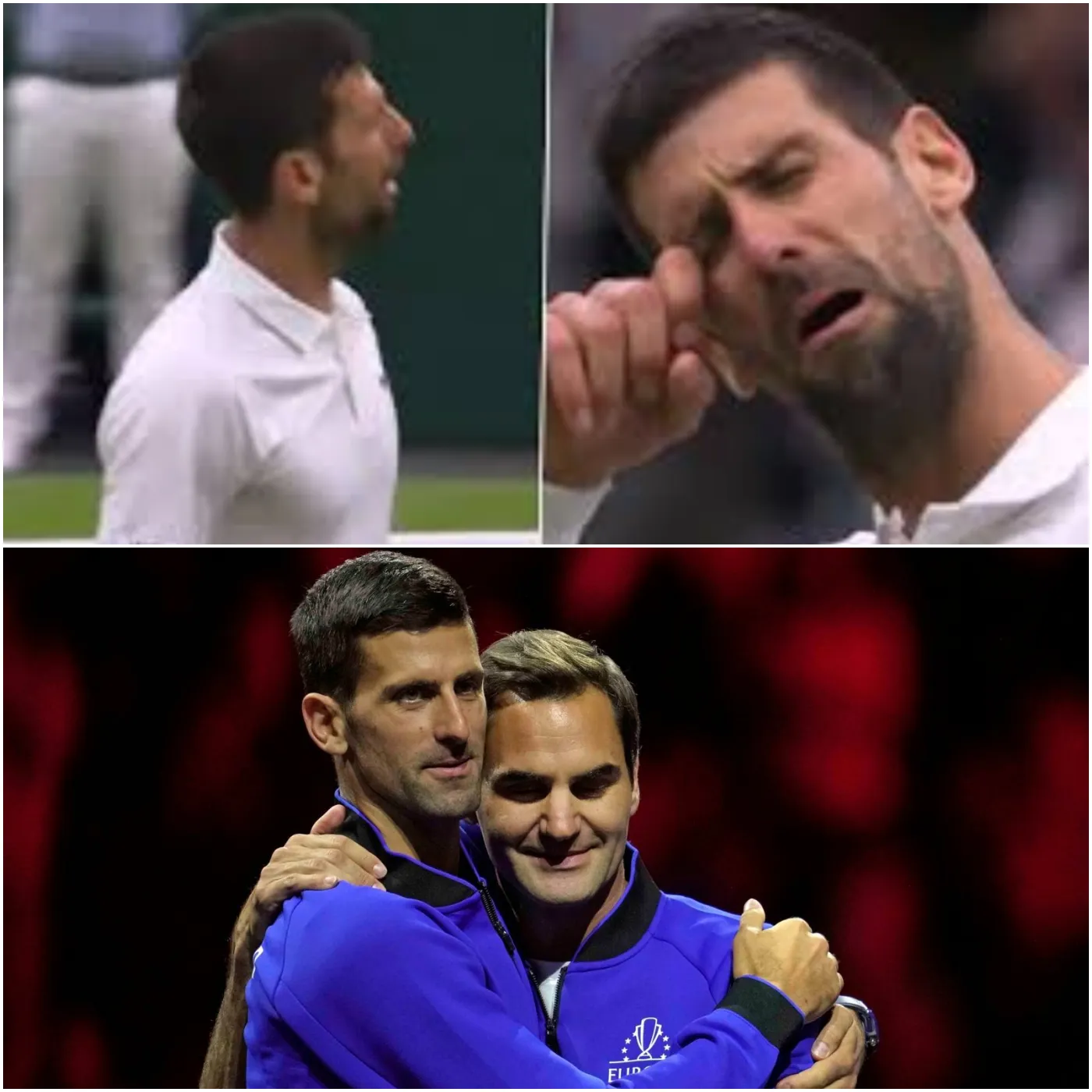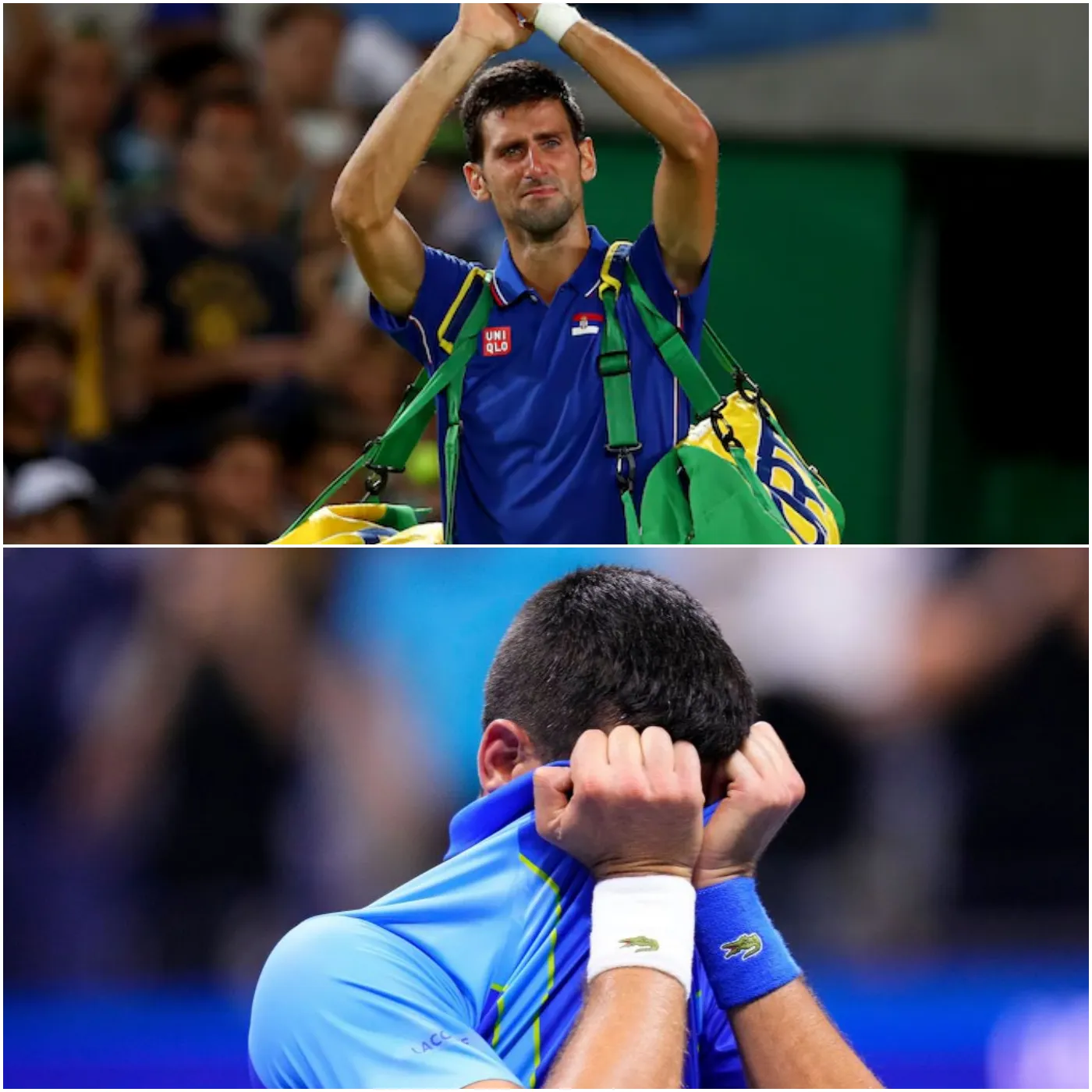Experts Question Novak Djokovic Poisoning Claim: What Did They Say?

Novak Djokovic’s statement about being “poisoned” by food during his detention at a Melbourne hotel in 2022 has sparked skepticism among experts as the debate over the handling of his visa incident resurfaces.

Experts argue that while it is possible for food to cause poisoning, the likelihood of this happening is very low.

Controversy Reignites Ahead of the 2025 Australian Open
Ahead of the 2025 Australian Open, interviews with Djokovic have rekindled public debate about the events of 2022. At that time, Australian tennis star Nick Kyrgios criticized his homeland, claiming that it “treated [Djokovic] poorly” by canceling the Serbian’s visa.

The 24-time Grand Slam champion initially had his visa revoked for failing to provide valid vaccination exemption documents. Later, his visa was personally canceled by then-Immigration Minister Alex Hawke, citing that Djokovic’s unvaccinated status could undermine social cohesion.
Djokovic was detained at the Park Hotel in Melbourne for five days before being deported from Australia following an unsuccessful appeal to the Federal Court.
Djokovic’s Statement: Lingering Trauma and Food-Related Concerns
Djokovic revealed that his experience in Australia left a lasting impact, making him feel uneasy every time he arrived at Melbourne Airport.
In an interview with GQ, Djokovic claimed:
“I realized that at the hotel in Melbourne, I was served some food that led to me being poisoned.”
He added:
“I made some discoveries when I returned to Serbia. I’ve never said this publicly before, but the findings showed I had very high levels of heavy metals. I had lead and mercury levels that were extremely high.”
Expert Reactions
Dr. Barbara Cardoso, a biochemical nutrition expert at Monash University, noted that Australians generally have low exposure to lead and mercury due to measures such as the elimination of lead in paint, gasoline, and plumbing systems.
She explained:
“Mercury can be present in food, but it is most commonly found in fish and shellfish. However, the levels of mercury in food found in Australia are relatively low, and it takes time for mercury to accumulate enough in the body to cause poisoning.”
Dr. Catharine Fleming, a senior lecturer in public health at Western Sydney University, stated:
“It’s very difficult to prove a causal link between [Djokovic’s] heavy metal poisoning and the food he consumed without detailed clinical test results.”
However, Dr. Fleming also pointed out a study conducted during the Covid-19 pandemic, which found that food quality in quarantine facilities was often poor, particularly in areas serving children and families.
Conclusion
While Djokovic’s claims have sparked significant controversy, their credibility remains uncertain. The debate over the handling of his visa issue in 2022 continues to be a polarizing topic, especially as the 2025 Australian Open draws near.







